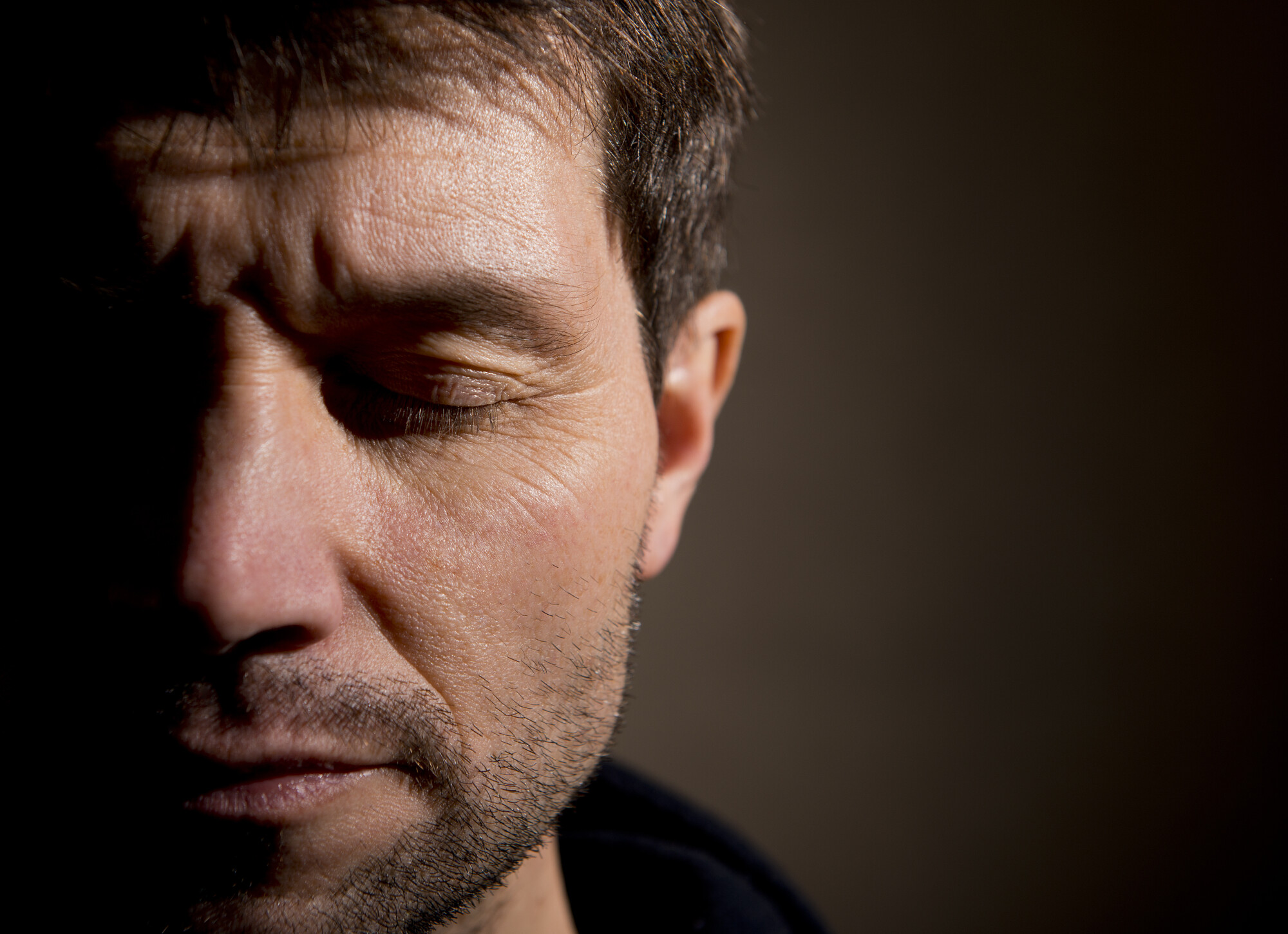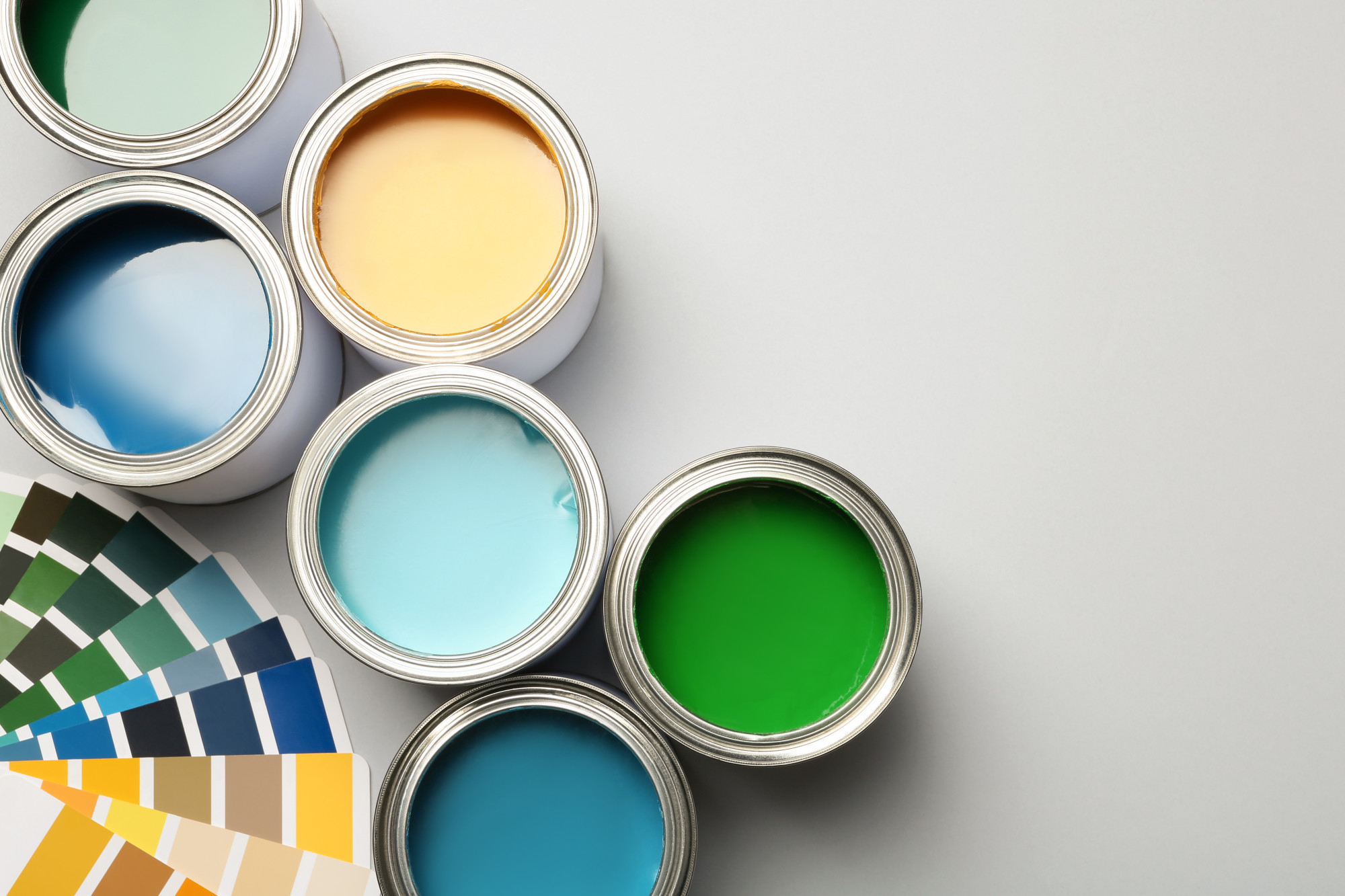Are you feeling depressed?
Whether this is seasonal depression, situational depression, or chronic depression, it can be debilitating. Anyone who’s experienced depression knows that it can affect your entire life.
Depression recovery is difficult. It can feel isolating and impossible. You may feel so unmotivated that the idea of pursuing recovery is overwhelming.
We’re here to offer some advice that may help you recover from depression. Keep reading to learn more.
Exercise (Yes, Really)
We know how frustrating this advice is, but keep it in mind.
Exercise won’t cure your depression, but it can still help. It’s difficult to work up the energy to exercise when you’re feeling depressed, but that doesn’t mean that it isn’t useful.
Exercise doesn’t have to be extreme. You can start by doing yoga at home, taking walks around the park, or even doing mild strength training with small weights in your own bedroom.
When you exercise, your body releases endorphins. These endorphins are “happy chemicals” that make you feel more relaxed. They can reduce anxiety and depression.
The more difficult the exercise, the more endorphins your body will release. Try going for jogs or joining a fitness class when you’re ready to start increasing your exercise intensity.
Practice Mindfulness
Mindfulness has been a hot topic lately, and for a good reason. It’s great for your mental health, and it can help to recover from depression.
Mindfulness looks different to different people. The idea is to live “in the moment” instead of worrying about the past and the future. Some people do this by meditating, others by taking up a yoga practice, and some people even practice mindfulness while interacting with nature.
Practicing mindfulness is difficult at first, but you may discover that you have less anxiety and a more cheerful disposition.
Interact With Friends
Depression often leads to self-isolation, but this is dangerous. When you’re depressed, it’s hard to find the will to interact with your friends and family members. Eventually, they may start to distance themselves.
Your friends and family members want you to feel happy. Don’t pull yourself away from them if you can help it.
Talk to your friends about what you’re feeling. While you shouldn’t treat your friends like personal therapists, there’s nothing wrong with talking about your struggles and needs.
Consider doing fun activities with your friends to distract yourself. You can take up group hobbies, go roller skating, play games, and do anything else that you’re interested in that can engage you.
Let your friends help you, even if it makes you feel like a burden at first. They may be worried about you.
Form a Routine
Establishing a routine is one of the best ways to recover from depression (in conjunction with traditional therapy).
When you’re depressed, it’s hard to get out of bed. You may struggle to wake up on time, work, clean, and do anything else that would be productive. How are you supposed to establish a routine when you’re feeling like this?
It won’t be easy, and at first, you’re going to have to force it. There will be days that you slip up, but try not to feel guilty.
It can be helpful to write your routine down in a journal. Try keeping it basic at first, so you don’t overwhelm yourself. When you’ve figured that out, start writing “to do” lists.
When you finish something on your list, check it off. This may make you feel accomplished.
After you’ve started a good routine, try keeping up with a calendar. Plan things to look forward to in the future, even if they’re small. Having something to look forward to is great for depression.
Seek Professional Help
If your depression is long-term, one of the first steps to recover from depression should be seeking professional help.
For many people, this is scary. It’s hard to open up to a stranger and admit that you might have a problem. That said, professionals want to help you, and seeking professional counseling or medication management might be the best thing for you.
You can find individual mental health specialists or, for more intensive care, seek out a recovery center like Oakvine Recovery Center.
Therapy
Therapy is often the first step of depression recovery.
There are many types of therapists. For most people, CBT (cognitive behavioral therapy) is the most helpful type, and it’s what most therapists will suggest first.
You can find therapists in your area with a quick search through Google. Make sure to read reviews and profiles to determine whether or not each therapist would be right for you.
Even if you only need to talk out your problems, a therapist is a neutral party that’s there to listen and help you get out of your depressive fog.
Medication Management
Medication management is also good for depression.
Not all people will benefit from (or even want) antidepressant medications, but for some people, they’re helpful. There are several classes of antidepressant medication (such as SSRIs, SNRIs, and NDRIs), so there are plenty of options.
Medication management can work in conjunction with therapy. Talk to a psychiatrist or doctor about whether or not medication is right for you.
You Can Recover From Depression
You don’t have to suffer from your depression. While it will be a long and rocky road, you can recover from depression and live a comfortable and happy life.
Use this advice for recovery from depression and seek professional mental health help. Your journey toward recovery is starting today.
For more helpful articles about health and more, visit the rest of our site.











